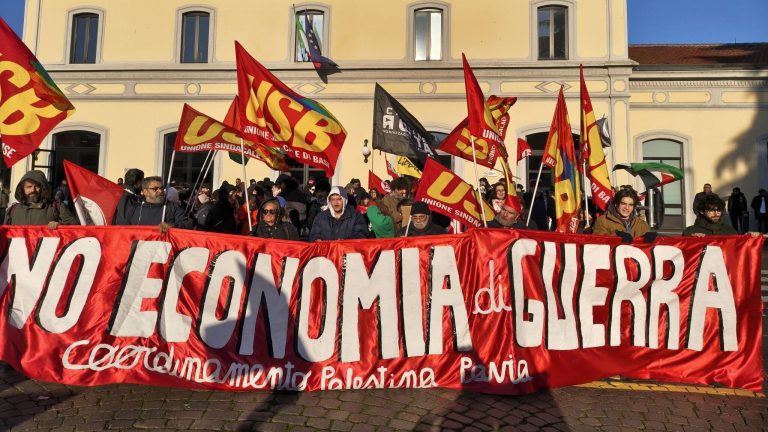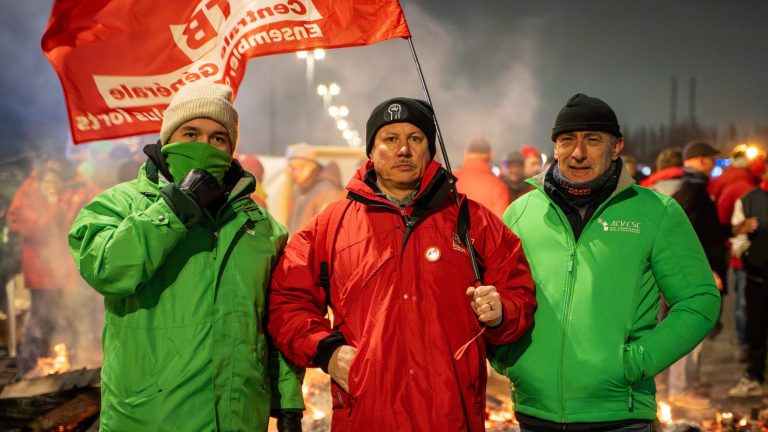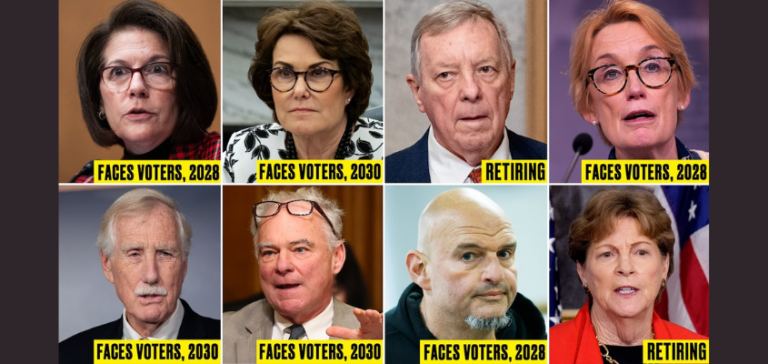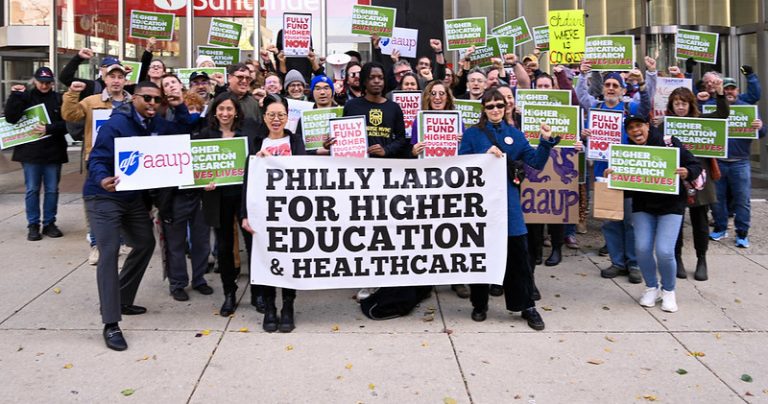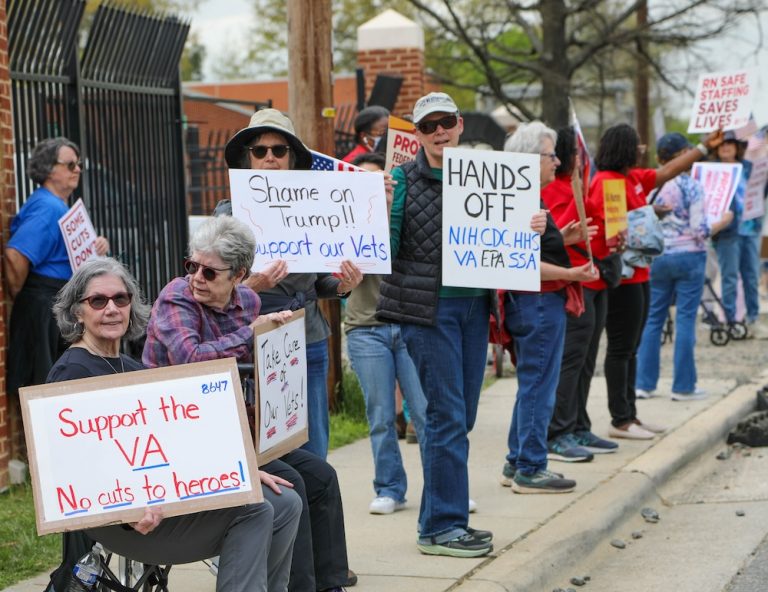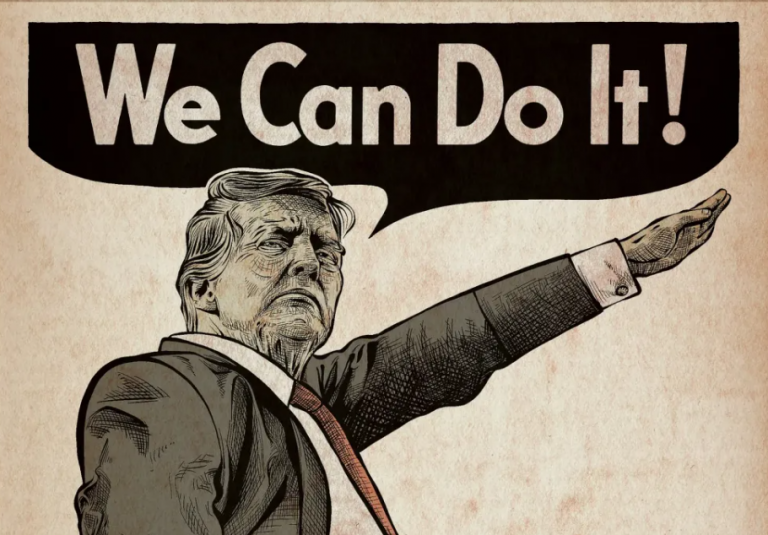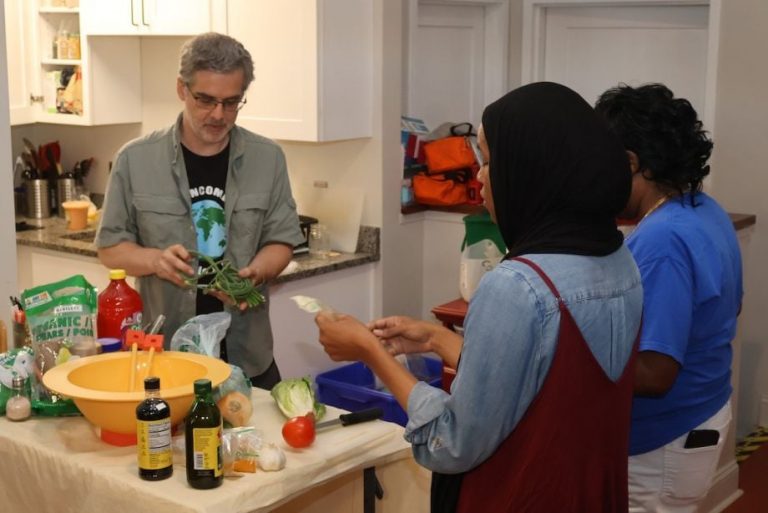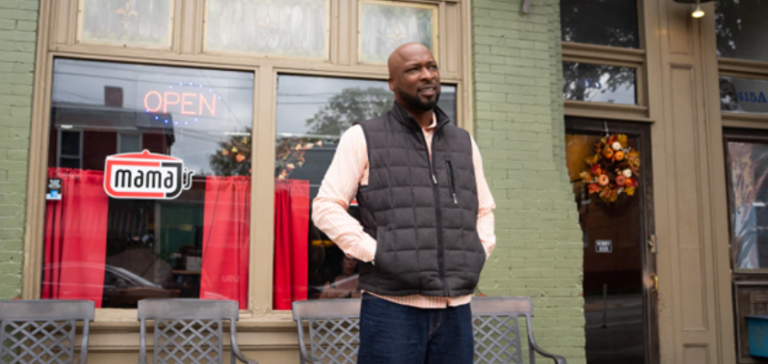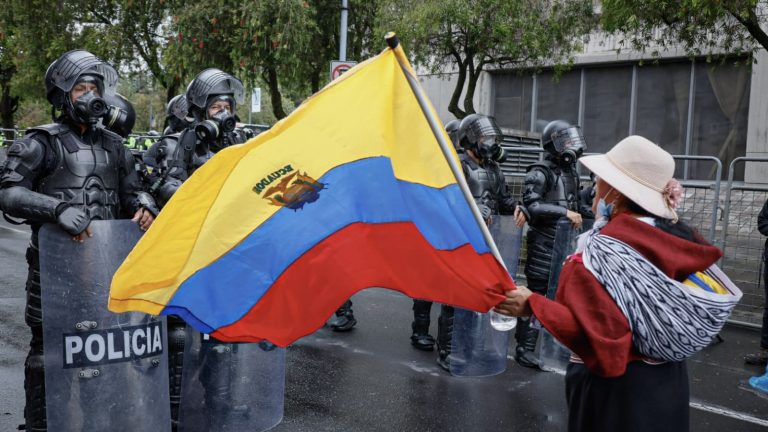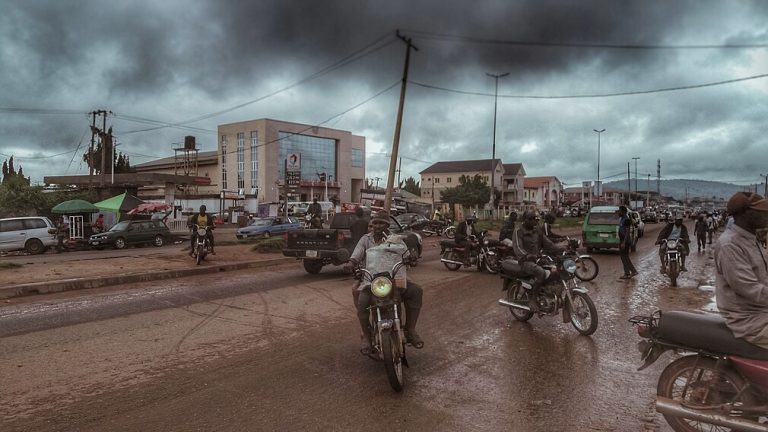Trump’s Cuts To Infrastructure Projects Harm Working People
You’re going to have the American dream back,” promised then-candidate Donald Trump on the campaign trail in 2024. But nearly a year into the President’s second term, his administration is failing to live up to campaign promises. In fact, the Trump administration’s actions are pushing the dream of economic security and dignity even farther out of reach for working families across the U.S.
Countless headlines have rightfully covered executive orders stripping a million federal workers of union rights. They’ve detailed legislation that defunds healthcare and nutrition programs while funneling money to massive corporations and billionaires.



